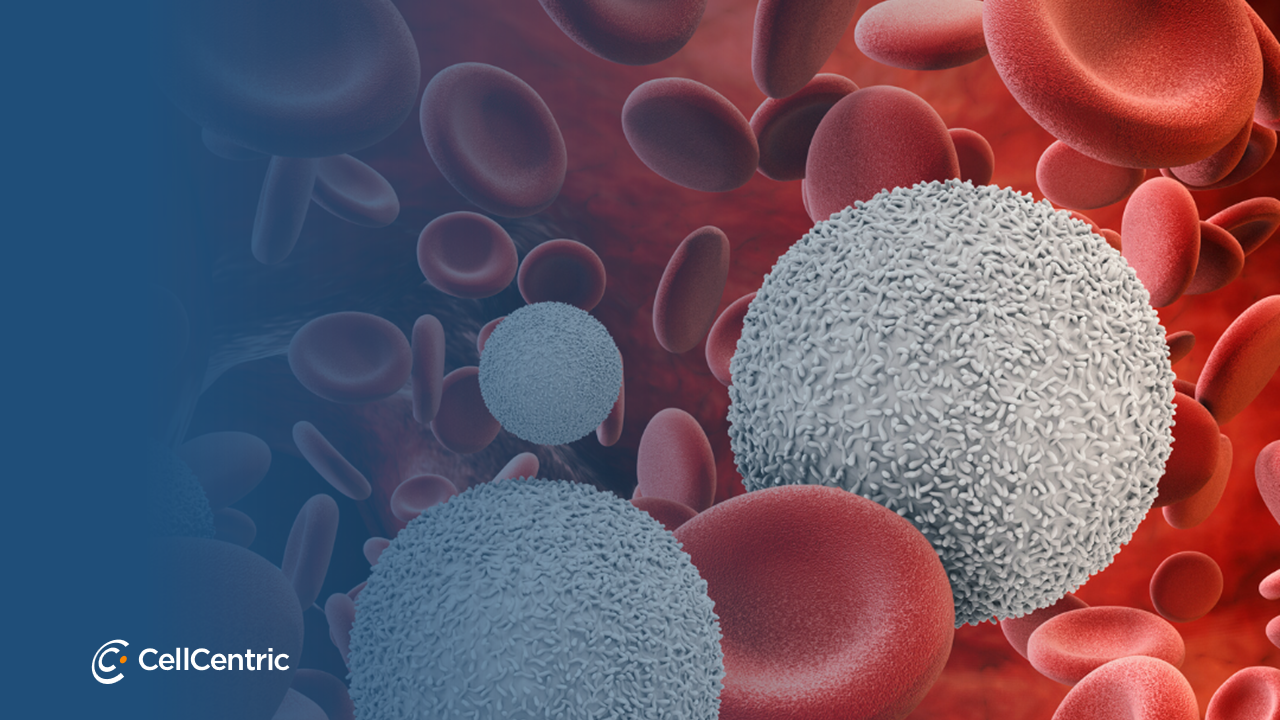CellCentric, the biotechnology company unlocking epigenetic control mechanisms, has led a consortium in winning a competitive award of £1.1m to support research into the definition of markers of epigenetic change.
CellCentric will work with Professor Anne Ferguson-Smith and Dr Ludovic Vallier at the University of Cambridge, and Professor Stephan Beck at the UCL Cancer Institute, London. The research and its translation into product opportunities will be supported by CellCentric, Sigma® Life Science (a division of Sigma-Aldrich) and The Automation Partnership (TAP). Novel tools for understanding epigenetic processes are a rapidly growing sector, estimated to be expanding by 80% CAGR and predicted to be worth over $330m by 2013 (BCC Research).
Epigenetics is the modification of DNA and its associated proteins. The epigenetic imprint is dynamic and plays a key role in cell fate control. When epigenetic processes go awry, disease can result. Conversely, by modulating the epigenetic imprint mature cells can be reprogrammed to become pluripotent, and thus have characteristics of stem cells.
A key unmet need is the availability of reliable markers to measure epigenetic-related reprogramming events within cells. Such tools will be required for monitoring the quality of induced pluripotent (iPS) cells and their differentiation potential. This new collaboration will address this issue, which not only has implications for regenerative medicine, but also has cross over in identifying novel markers of disease, and improving disease modelling and drug screening.
Funding for the programme is provided by the industry partners and by the Technology Strategy Board. The TSB is a business-led executive non-departmental public body, established by the UK government to promote and support research into, and development and exploitation of, technology and innovation, in order to increase economic growth and improve the quality of life.
Professor Anne Ferguson-Smith, Professor of Developmental Genetics at the Department of Physiology, Development and Neuroscience, University of Cambridge commented:
“This exciting new collaboration will help accelerate our understanding of how epigenetic changes with functional relevance can be profiled and monitored during induced pluripotency. As this area expands, the need for reliable methods to measure iPS cell change will be essential. I am really looking forward to working with this partnership.”
Dr Will West, CEO of CellCentric, said:
“The relevance of epigenetics to a range of commercial applications is growing. Better methods and tools for measuring and monitoring epigenetic changes within cells are going to be key to translating research into commercial opportunities.”
Dr Dave Smoller, President of Sigma-Aldrich’s Research Biotech Business Unit, added: “Epigenetics is a key growth area and iPS cells in particular have emerged as immensely useful tools for the modelling of human diseases, therapeutics R&D, regenerative medicine and the development of personalized cell replacement therapies. Sigma-Aldrich has made it a priority to provide definitive biological products and services for the iPS cell research community. Through working together with such a well positioned consortium, we hope to deliver new methods and tools to aid researchers and accelerate the products of the future.”
Notes
CellCentric is a biotech company focused on epigenetics. Formed in 2004, and based in Cambridge, UK it works with over 30 academic labs worldwide to identify, patent and commercialise product opportunities. It currently has 7 novel target discovery programmes ongoing, focused on cancer, as well as multiple projects related to reprogramming and epigenetic tools. For further details on CellCentric, see: www.cellcentric.com
Sigma-Aldrich is a leading Life Science and High Technology company. Its biochemical and organic chemical products and kits are used in scientific research, including genomic and proteomic research, biotechnology, pharmaceutical development and as key components in pharmaceutical, diagnostic and other high technology manufacturing. Sigma-Aldrich has customers in life science companies, university and government institutions, hospitals, and in industry. Over one million scientists and technologists use its products. Sigma-Aldrich operates in 38 countries and has 7,700 employees providing excellent service worldwide. Sigma-Aldrich is committed to Accelerating Customer Success through Innovation and Leadership in Life Science, High Technology and Service. For more information about Sigma-Aldrich, please visit its award-winning website at http://www.sigma-aldrich.com.
The Automation Partnership (TAP) provides advanced automation systems and services to improve productivity in life science research, development and production. For over 20 years, TAP has been the leader in the design and development of advanced cell culture automation systems with applications in drug discovery, bioprocess development, biologics production and regenerative medicine. TAP also provides custom automation solutions for biobanking, biological sample management, compound management and advanced high throughput screening applications. See: www.automationpartnership.com.
The Technology Strategy Board is a business-led executive non-departmental public body, established by the government. Its role is to promote and support research into, and development and exploitation of, technology and innovation for the benefit of UK business, in order to increase economic growth and improve the quality of life. It is sponsored by the Department for Business, Innovation and Skills (BIS). For further information please visit www.innovateuk.org.


